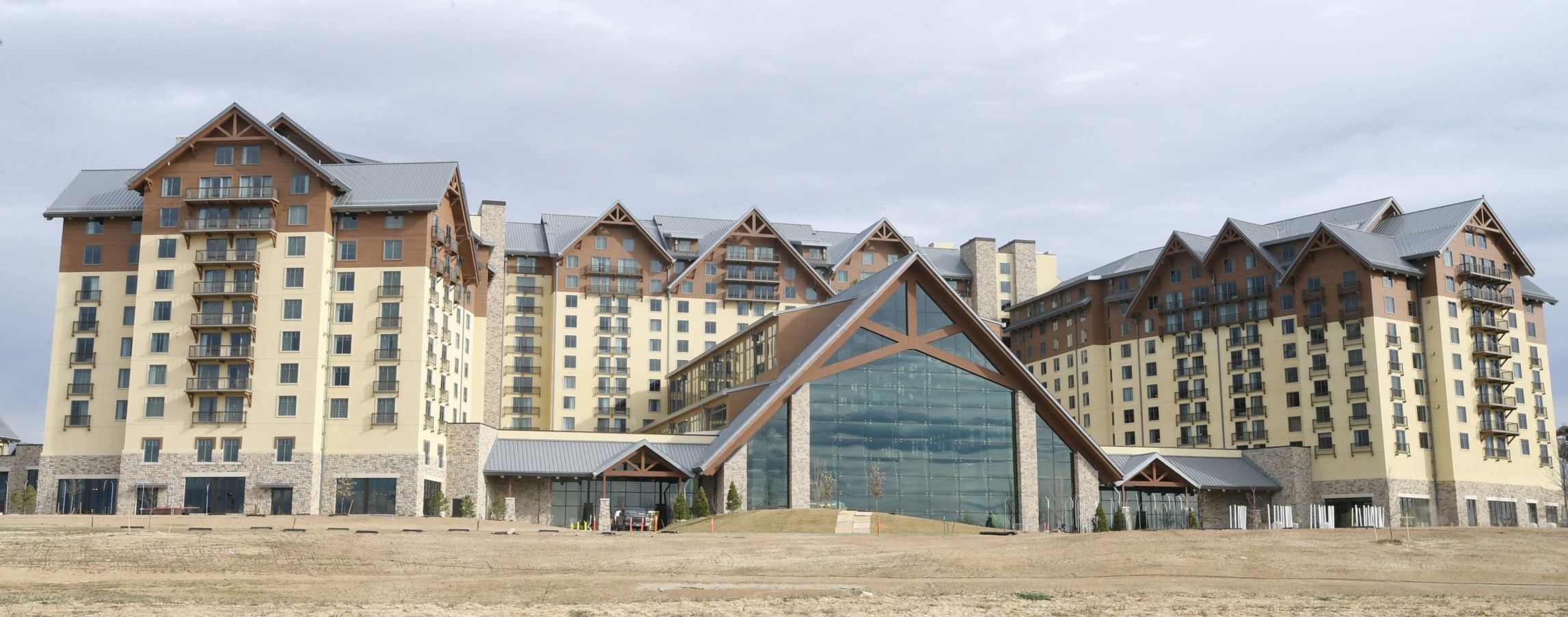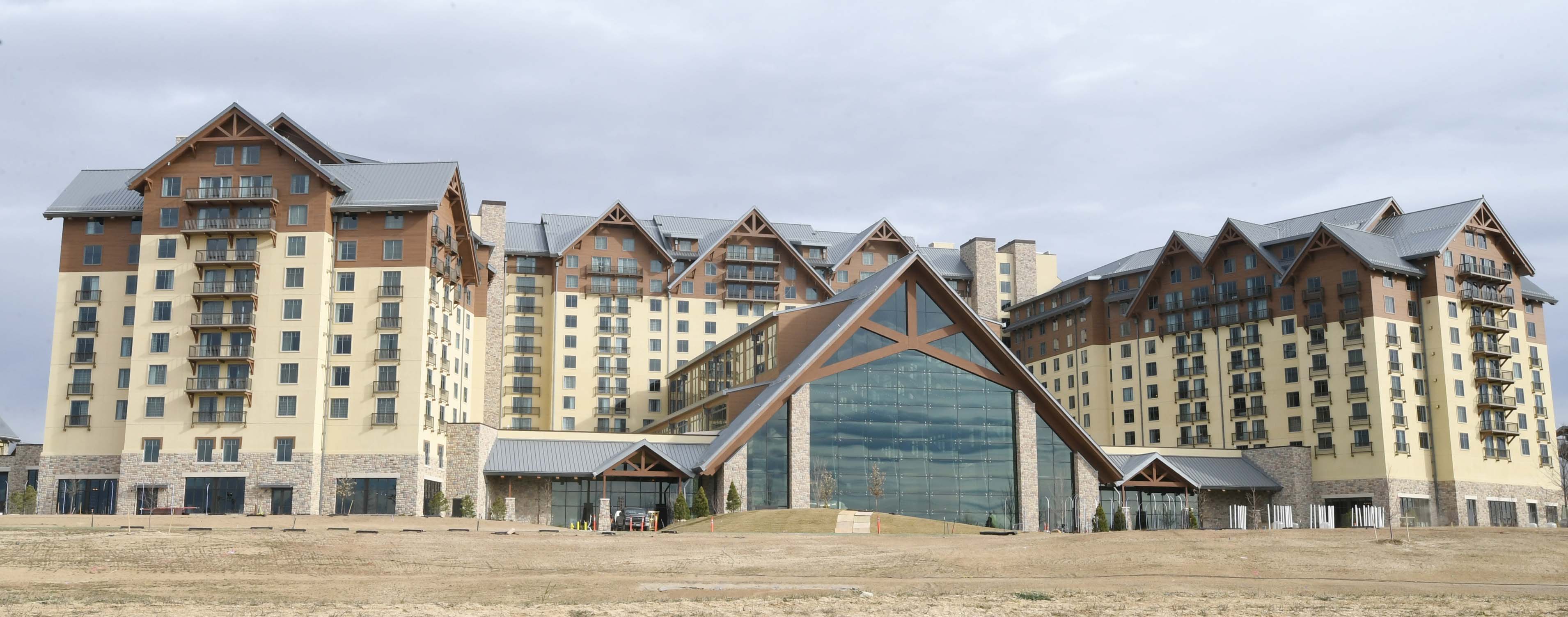$677 million property tax valuation for Gaylord resort is upheld

With a $400 million difference in property value on the line, Colorado’s second-highest court has sided with Adams County in upholding a $676.5 million valuation of the Gaylord Rockies Resort & Convention Center.
The owner of the 1,501-room hotel near Denver International Airport attempted to argue the amenity-rich convention center’s real value was closer to $270 million. The primary question was how to treat the parts of the Gaylord’s operation not directly related to room rentals, with the hotel believing they should be excluded from the Gaylord’s value.
But last month, a three-judge panel for the Court of Appeals decided the detailed conclusions of the state’s Board of Assessment Appeals supported the notion that income from the Gaylord’s food and beverage, spa and retail operations was connected to the property itself.
“Our role is not to reweigh the evidence but simply to consider whether petitioner has shown that BAA abused its discretion or that its order is arbitrary and capricious,” wrote Judge Christina F. Gomez in a Sept. 22 opinion.
The Gaylord opened in late 2018, encompassing roughly two million feet of building space with features that include a lazy river, private cabanas and multiple swimming pools. Unlike most other hotels, the Gaylord’s focus is overwhelmingly on group meetings and conventions. Because it marketed its services as a package, the Gaylord did not lease its food and beverage, gift shop and spa to other operators.
The hotel disputed the method Adams County used to value the Gaylord in property tax year 2019, arguing a pair of estimates close to $700 million improperly included “intangible” property – the income from onsite amenities. The Board of Assessment Appeals rejected the challenge last year, noting the Gaylord had based its argument on the assumption the restaurant, retail and spa spaces were rented to other operators.
That scenario was “not consistent with the actual practice of hotel operations in the marketplace,” the board noted.
Turning to the Court of Appeals, the Gaylord renewed its contention that unlike hotel bookings, the value of the amenities was unrelated to the actual real estate, regardless of whether the hotel or another party operated them.
“With a hotel, that’s the land itself – the physical space – generating the income when someone rents a hotel room,” attorney Dean Neuwirth argued to the appellate panel on behalf of Aurora Convention Center Hotel LLC. “But with a restaurant or a gift you buy at a gift shop or a massage you buy at a spa, that does not derive from the land itself. That is the result of the operation of the business and that could occur at any location.”
“So what you want us to hold is, as a matter of law, in any instance where you’re running a food and beverage operation or a gift shop within some other operation,” said Gomez, “that always has to be treated separately? As if you’re just leasing the space?”
Not always, responded Neuwirth. But for the Gaylord, yes.
The Adams County Board of Equalization countered that the value of real estate depends upon what a willing buyer would pay to a willing seller. In the case of the Gaylord, the amenities were inseparable from the overall hotel business.
“The food and beverage operations aren’t just restaurants. There’s the convention center portion, there’s weddings, there’s room service. All of that is intertwined with the operations of the hotels,” argued Meredith P. Van Horn. “In Colorado, here we need to look at the income stream that flows from the property.”
The panel ultimately decided it was reasonable to treat the Gaylord’s “profit centers,” as Gomez referred to them, as integral to the real estate.
“The BAA heard extensive evidence about the profit centers and how interconnected they were with the Gaylord’s hotel and convention business,” she wrote.
The case is Aurora Convention Center Hotel LLC v. Adams County Board of Equalization et al.














